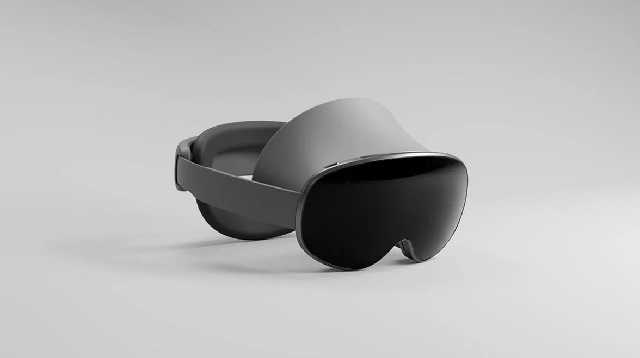Smart Glasses Breakthrough
First, Google unveiled prototype AR glasses powered by Gemini AI at TED Vancouver. Additionally, these lightweight glasses connect to smartphones to access apps and services. Next, live demos showed real-time translation between Farsi and English. Moreover, the glasses successfully scanned book text and displayed information instantly. Furthermore, they maintain normal eyewear aesthetics unlike bulkier AR devices. Finally, this marks Google’s return to smart glasses after discontinuing Google Glass.
Another key feature involves seamless phone integration. To explain, the glasses stream content rather than processing it locally. Similarly, this approach keeps the design slim and battery-friendly. Moreover, Google emphasized practical uses like translation and navigation. Additionally, the prototypes suggest AR technology has matured significantly. Lastly, pricing remains unconfirmed but will likely target early adopters initially.
High-End VR Headset Preview
To start, Google previewed a Samsung-built mixed reality headset codenamed Moohan. Furthermore, the device resembles Apple’s Vision Pro with pass-through video capabilities. Similarly, demos showcased immersive 360-degree videos and virtual workspace overlays. Moreover, users experienced photorealistic virtual tours of locations like Cape Town. Another highlight included multi-window functionality for productivity tasks. Additionally, Samsung plans to reveal more details soon.
Moreover, Google enters a competitive VR/AR market. To explain, the headset will compete directly with Apple and Meta’s offerings. Next, developers will access Android XR for creating compatible apps. Furthermore, Google leverages Gemini AI for enhanced virtual interactions. Additionally, the company hasn’t announced release dates or pricing yet. Finally, battery life remains a challenge across all AR/VR devices.
Why These Reveals Matter
Google’s prototypes demonstrate serious AR/VR ambitions. First, the glasses could transform daily tasks like translation and information access. Additionally, the headset positions Google against Apple in premium mixed reality. Moreover, successful miniaturization proves AR technology has advanced considerably. Finally, Gemini AI integration may become Google’s key advantage.
Key Features Shown:
👓 Phone-connected smart glasses
🌍 Real-time translation
📱 Android XR platform
🖥️ Vision Pro-style headset
🎥 Immersive 360° content
Challenges Ahead:
- Battery life limitations
- Premium pricing barriers
- Consumer adoption hurdles
- Content ecosystem development

